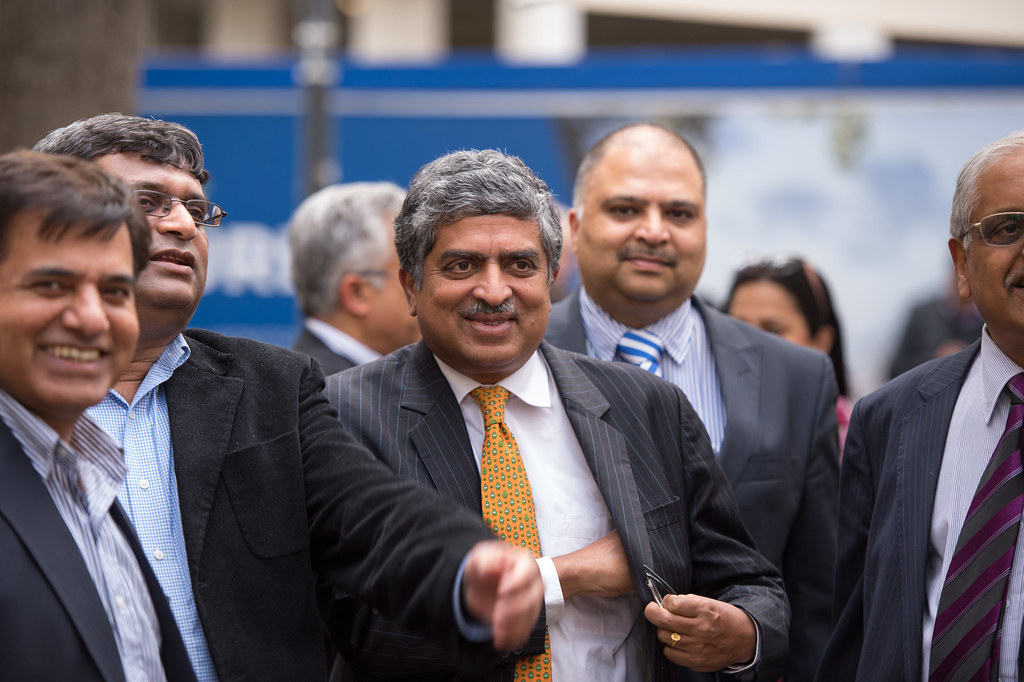Global Capability Centres Now Critical Clients: Infosys Chairman Nandan Nilekani
Infosys Chairman and Co-founder Nandan Nilekani said on June 25 that global capability centres (GCCs) have become critical clients for the IT-services giant, rather than competitors. Addressing shareholders at the company’s 44th Annual General Meeting, Nilekani emphasised that the current wave of GCCs is focused on innovation arbitrage, rather than cost arbitrage.
GCCs, captive units set up by companies to carry out IT and related business functions, have become a significant part of India’s economy. India is home to almost 1,700 GCCs, employing close to 2 million people, and is expected to contribute 3.5% to the country’s GDP by 2030.
Nilekani said Infosys is actively supporting GCCs in developing advanced technological capabilities, particularly in emerging areas like artificial intelligence (AI) and machine learning (ML). “Quite a few companies are setting up research centers, AI-ML centers in GCCs, and we’re helping many of them in this regard,” he added.
The company has made significant strides in AI adoption, with over 20,000 employees actively using GitHub for coding. Salil Parekh, CEO and MD, Infosys, said the company is among the largest users of the platform in the IT industry. The company has generated 10 million lines of code and developed four proprietary small language models tailored for key sectors, including financial services, IT operations, and cybersecurity.
Nilekani also highlighted the changing global economic landscape, describing the current macroeconomic environment as a “perfect storm” where traditional globalisation models are rapidly disintegrating. “The world is moving from a single global market to fragmented blocks,” he said, adding that businesses must develop region-specific strategies, diversify supply chains, and adapt to varying regulatory environments to stay competitive.


















